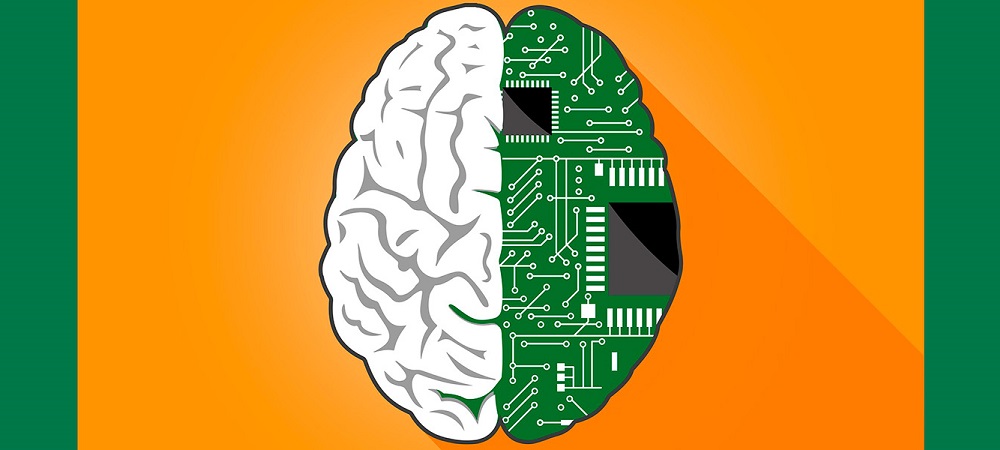“We are not necessarily thinking machines. We are feeling machines that think,” says Antonio Damasio, an American Neuroscientist and Professor. As far as teachers are concerned, this statement is appropriate and true. All of us have fond memories of our teachers and remember those who have made an impact on our lives. Some teachers are known for their subject knowledge while others have encouraged and motivated us to find a place in our hearts. In other words, some are thinkers while others are feelers.
Thinkers make decisions based on facts. They are ruled by their head instead of their heart and judge situations based on logic. They are always truthful and can easily identify mistakes or weaknesses. They always think critically and aim at problem-solving. Feelers reach a decision based only on principles and values. They follow instructions from their heart instead of their head and judge situations based on feelings and humanitarian considerations.
Successful teachers maintain a harmonious blend of these two aspects; thinking and feeling. Here, what is important is an emotional connection between the teacher and the student. We can’t ignore the fact that a teacher has her own limitations to interact with children at an emotional level. However, with a little effort and sensitivity towards their emotional needs, a teacher with emotional intelligence can effectively mold children of tomorrow with a positive outlook towards life.
Dr. Schonert-Reichl of the University of British Columbia said that educating the heart of the children is truly needed for the overall development of them. Thus, to create this kind of environment in schools, teachers need to first focus on improving their emotional intelligence. Teachers high in emotional intelligence will understand both themselves and their students. They can create an effective learning classroom by their will and motivation to make their students well versed in various subjects and skills.
Are you a teacher who can motivate your students better and understand their behavioural and psychological well-being? Are you more sensitive towards your students’ behaviours and academic performance? Can you successfully handle in a better way the various problems children are facing? Do you have the ability to accurately perceive the emotions of your students or to understand the signals that emotions send about relationships? If so, you are a successful teacher or a feeling machine who can think.
Leave a Reply Cancel reply
WhatsApp us

